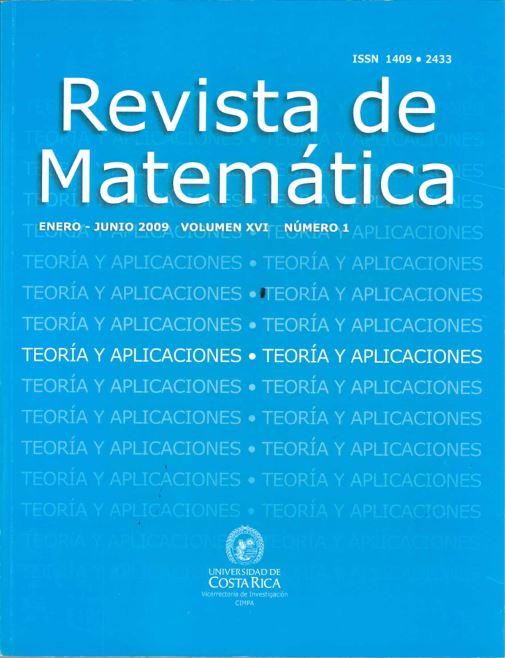Abstract
Recently, in the field of project scheduling problems the concept of partially renewable resources has been introduced. Theoretically, it is a generalization of both renewable and non-renewable resources. From an applied point of view, partially renewable resources allow us to model a large variety of situations that do not fit into classical models, but can be found in real problems in timetabling and labour scheduling. When modelling real problems, the problem of project scheduling with partially renewable resources, as many other combinatorial problems, gets such large dimensions that it is quite difficult to apply solution procedures. In this paper, we describe some powerful preprocessing techniques that reduce significantly the dimension of the problems and therefore improve the efficiency of any algorithm used for solving them.
The paper shows the excellent results obtained by these techniques on a set of test instance taken from the literature.
References
Alvarez-Valdés, R.; Crespo, E.; Tamarit, J.M.; Villa, F. (2006) “GRASP and path relinking for project scheduling under partially renewable resources”, European Journal of Operational Research, en prensa.
Alvarez-Valdés, R.; Crespo, E.; Tamarit, J.M.; Villa, F. (2006) “A scatter search algorithm for project scheduling under partially renewable resources”, Journal of Heuristics 12: 95–113.
Böttcher, J.; Drexl, A.; Kolisch, R.; Salewski, F. (1999) “Project scheduling under partially renewable resource constraints”, Management Science 45: 544–559.
Demeulemeester, E.L.; Herroelen, W.S. (2002) Project Scheduling: A Research Handbook. Kluwer Academic Publishers, Boston.
Kolisch, R.; Sprecher, A.; Drexl, A. (1995) “Characterization and generation of a general class of resource-constrained project scheduling problems”, Management Science 41: 1693–1703.
Mellentien, C.; Schwindt, C.; Trautmann, N. (2004) “Scheduling the factory pick-up of new cars”, OR Spectrum, in press.
Neumann, K.; Schwindt, C.; Trautmann, N. (2002) “Advanced production scheduling for batch plants in process industries”, OR Spectrum 24: 251–279.
Neumann, K.; Schwindt, C.; Trautmann, N. (2004) “Scheduling of continuous and discontinuous material flows with intermediate storage restrictions”, European Journal of Operational Research, in press.
Schirmer, A. (2000) Project Scheduling with Scarce Resources. Verlag Dr. Kovac, Hamburg.
Schwindt, C.; Trautmann, N. (2000) “Scheduling the production of rolling ingots: industrial context, model and solution method”, International Transactions in Operations Research 10: 547–563.





